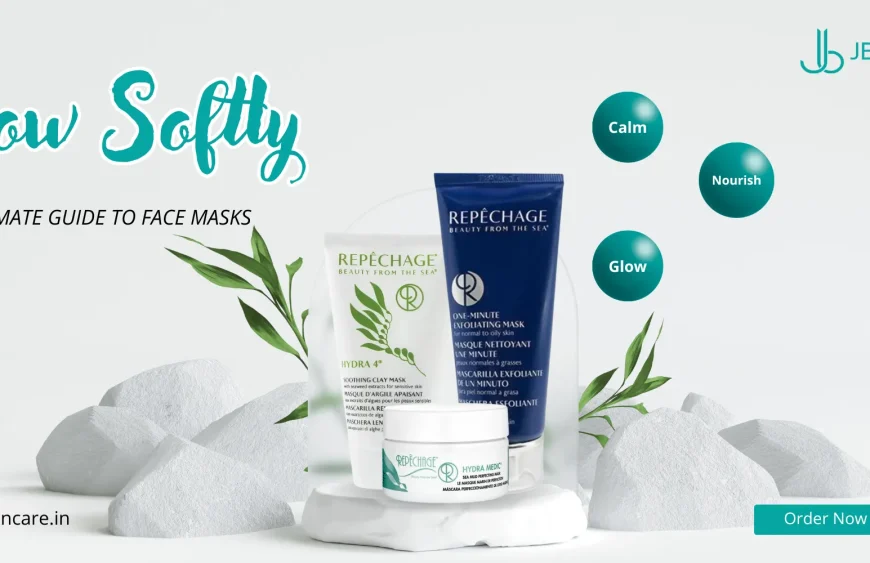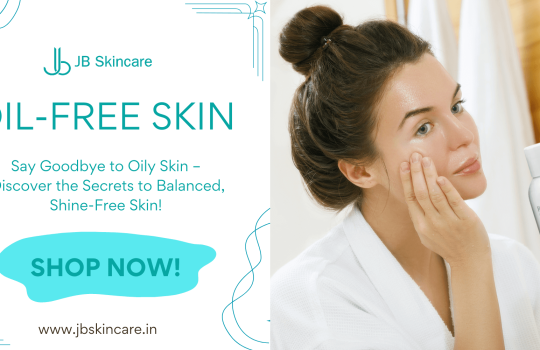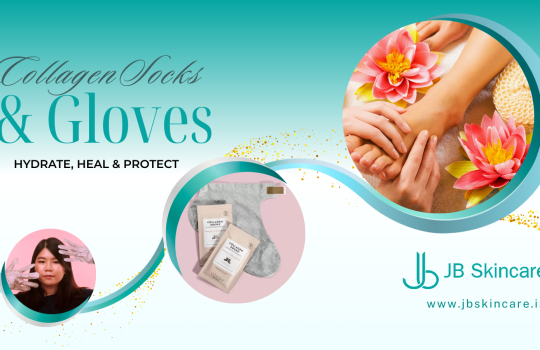Introduction
Sensitive skin requires special care, particularly when choosing skincare products. One of the most effective ways to nourish and protect sensitive skin is by using a face mask for sensitive skin. With the right ingredients and formulation, a gentle skincare mask can help reduce irritation, hydrate, and restore the skin’s natural balance. In this guide, we will explore the benefits, key ingredients, and best practices for using soothing face masks and hydrating masks for sensitive skin.
Understanding Sensitive Skin
Sensitive skin is characterized by redness, dryness, itching, and a heightened reaction to environmental factors and skincare products. Common causes of sensitivity include:
- Harsh skincare ingredients (e.g., alcohol, sulfates, and synthetic fragrances)
- Environmental pollutants
- Weather changes
- Underlying skin conditions such as eczema and rosacea
- Excessive exfoliation or overuse of skincare products
Given these concerns, it is crucial to select skincare products, including face masks, that are formulated to be soothing and non-irritating.
Benefits of Using a Face Mask for Sensitive Skin
A calming facial mask is designed to offer multiple benefits, including:
- Hydration: Many masks contain humectants such as hyaluronic acid and glycerin, which help retain moisture.
- Soothing Effects: Ingredients like aloe vera and chamomile reduce inflammation and redness.
- Barrier Repair: Natural oils and ceramides help strengthen the skin’s protective barrier.
- Gentle Exfoliation: Some masks include mild exfoliants like oatmeal or lactic acid to remove dead skin cells without irritation.
- Reduced Sensitivity: Regular use of a gentle skincare mask can improve skin resilience over time.
Key Ingredients to Look for in a Soothing Face Mask
Choosing the right face mask involves understanding its ingredients. Here are some beneficial components to look for:
- Aloe Vera: Known for its soothing and hydrating properties, aloe vera helps calm irritated skin.
- Chamomile Extract: An anti-inflammatory agent that reduces redness and sensitivity.
- Colloidal Oatmeal: Provides relief for dryness and irritation, making it ideal for sensitive skin.
- Hyaluronic Acid: A powerful humectant that locks in moisture, keeping skin soft and supple.
- Cucumber Extract: Helps cool and refresh the skin, reducing puffiness and irritation.
- Shea Butter: Offers deep hydration and enhances the skin’s natural barrier.
- Ceramides: Help maintain the skin’s protective layer, preventing moisture loss.
- Honey: A natural antibacterial agent that also provides hydration and nourishment.
Ingredients to Avoid
For sensitive skin, avoiding harsh ingredients is just as important as choosing the right ones. Some common irritants include:
- Alcohol (Denatured or SD Alcohol): Dries out the skin and can lead to increased sensitivity.
- Fragrances (Synthetic or Natural Essential Oils): Can cause allergic reactions and irritation.
- Sulfates (SLS and SLES): Harsh detergents that strip the skin of its natural oils.
- Parabens: Preservatives that may trigger skin reactions in some individuals.
- Chemical Exfoliants (High Concentration AHAs and BHAs): May be too strong for sensitive skin, leading to redness and peeling.
Types of Face Masks for Sensitive Skin
Different types of face masks cater to various skin concerns. Here are some of the best options:
1. Sheet Masks
These masks are pre-soaked in serum and are excellent for hydration. A hydrating mask for sensitive skin in sheet form can provide instant relief and moisture without requiring rinsing.
2. Cream Masks
These masks contain nourishing ingredients such as shea butter and ceramides to replenish moisture. Ideal for dry and sensitive skin types.
3. Gel Masks
Gel-based masks are lightweight and cooling, making them ideal for soothing irritated skin. Ingredients like aloe vera and cucumber extract enhance their calming effects.
4. Clay Masks (Gentle Formulations)
While traditional clay masks can be drying, gentle versions with kaolin or white clay can help absorb excess oil without stripping the skin.
5. Overnight Masks
A calming facial mask that works overnight allows for prolonged hydration and repair. Ingredients like ceramides and hyaluronic acid are commonly used in these masks.
How to Use a Face Mask for Sensitive Skin
To get the best results from your soothing face mask, follow these steps:
- Cleanse Your Skin: Use a mild, fragrance-free cleanser to remove dirt and oil.
- Apply the Mask: Follow the instructions on the packaging; avoid rubbing harshly.
- Leave It On for the Recommended Time: Do not exceed the suggested duration to prevent irritation.
- Rinse Off (If Required): Use lukewarm water and pat your skin dry with a soft towel.
- Follow Up with Moisturizer: Lock in hydration with a gentle, fragrance-free moisturizer.
- Use 1-3 Times Per Week: Overuse can lead to sensitivity, so limit application to avoid overwhelming your skin.
Additional Tips for Sensitive Skin Care
- Patch Test New Products: Apply a small amount on your wrist or behind the ear before full-face application.
- Avoid Hot Water: Use lukewarm water when cleansing your face to prevent irritation.
- Stay Hydrated: Drink plenty of water to maintain skin hydration from within.
- Use Sunscreen Daily: Protect your skin from UV damage by using a broad-spectrum SPF 30 or higher.
- Choose Minimalist Skincare Routines: Stick to simple, gentle formulations with fewer ingredients.
Conclusion
Using a face mask for sensitive skin can be a game-changer for those looking to soothe, hydrate, and protect their delicate skin. The key lies in selecting masks with gentle, nourishing ingredients while avoiding potential irritants. Whether you opt for a hydrating mask for sensitive skin, a gentle skincare mask, or a calming facial mask, consistency and proper application will ensure the best results. By following these guidelines, you can maintain a healthy, radiant complexion without compromising skin comfort.

The author is a certified cosmetologist, with over 25 years of experience as a salon owner and practitioner in USA.




